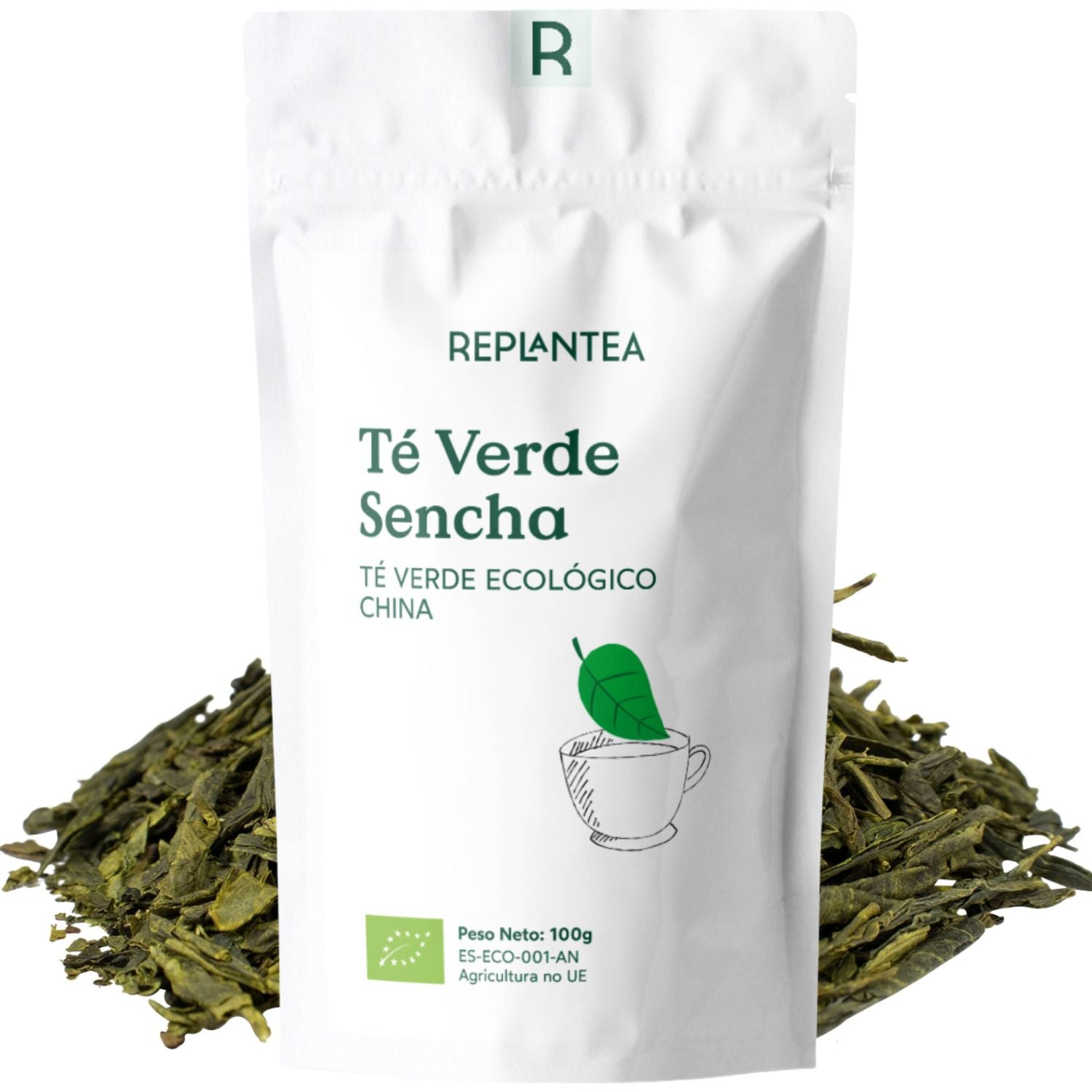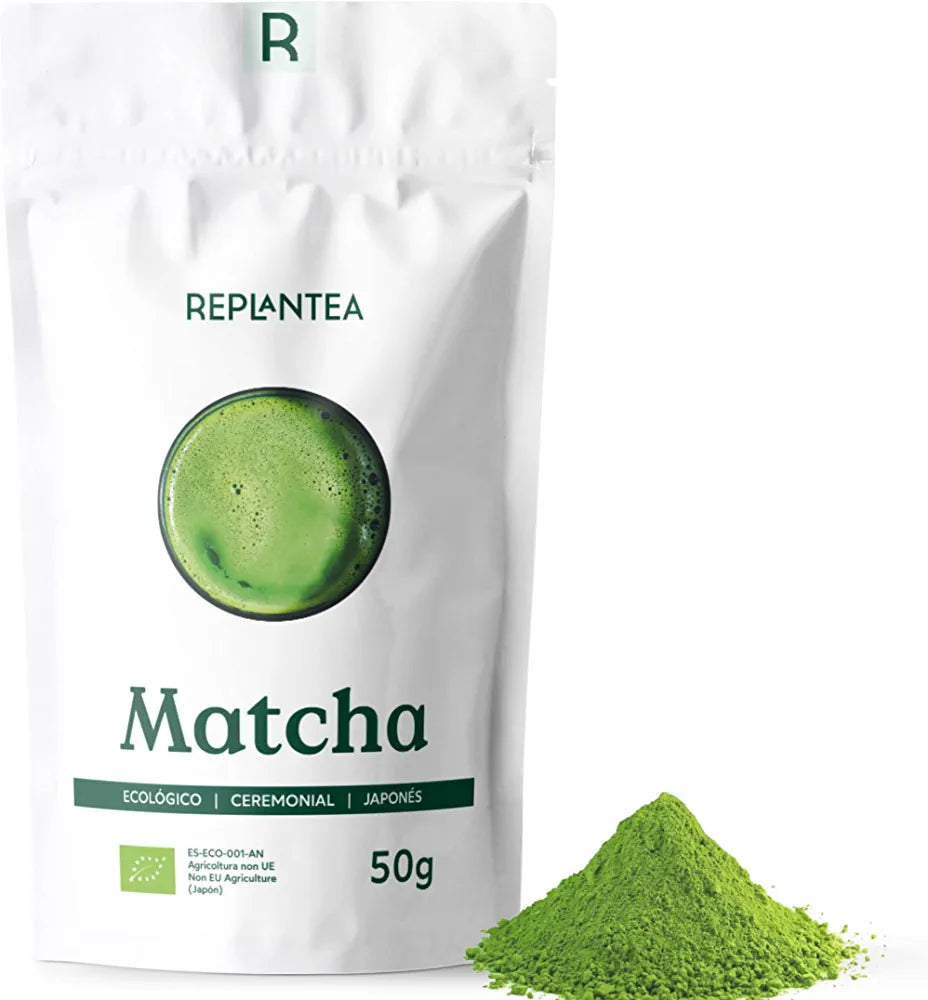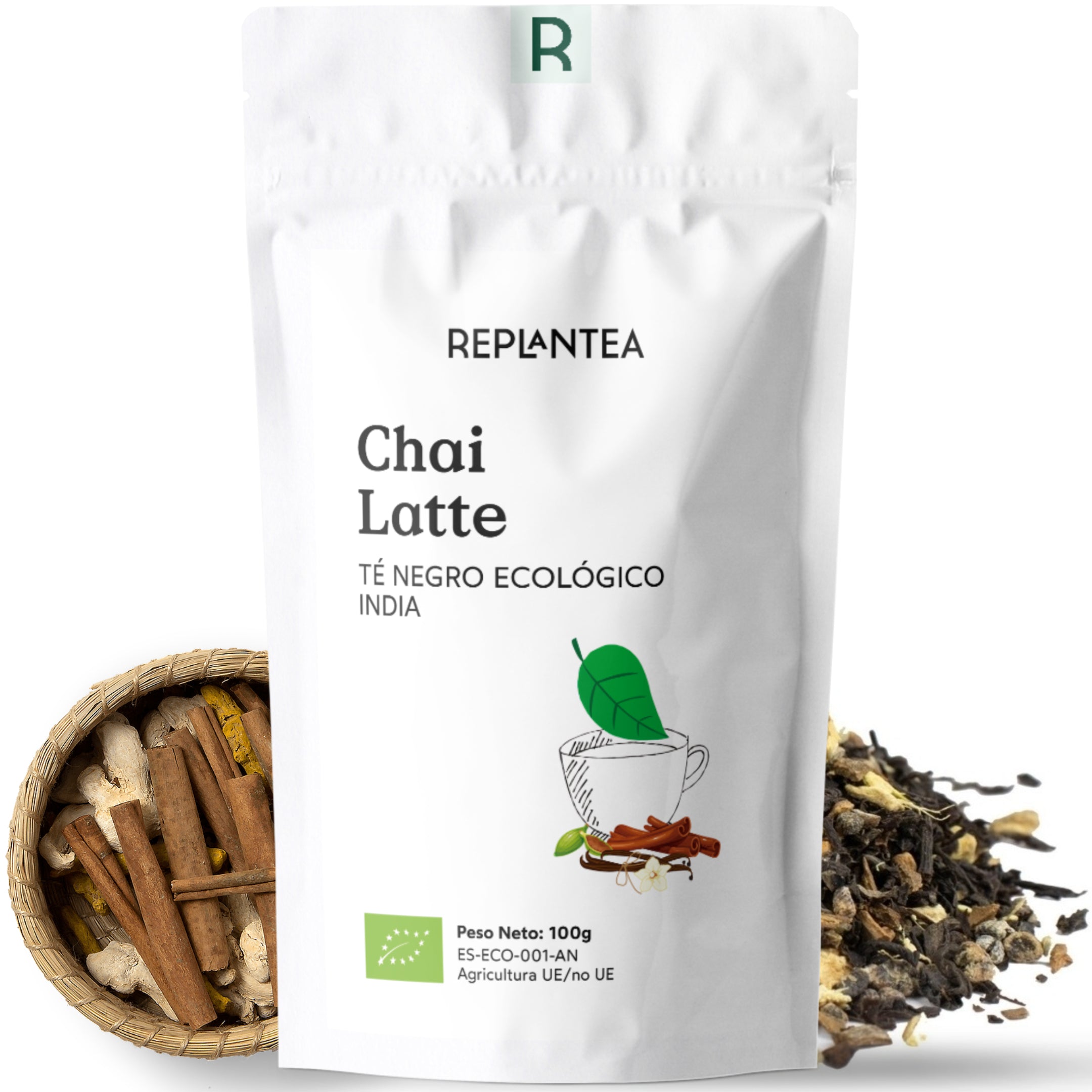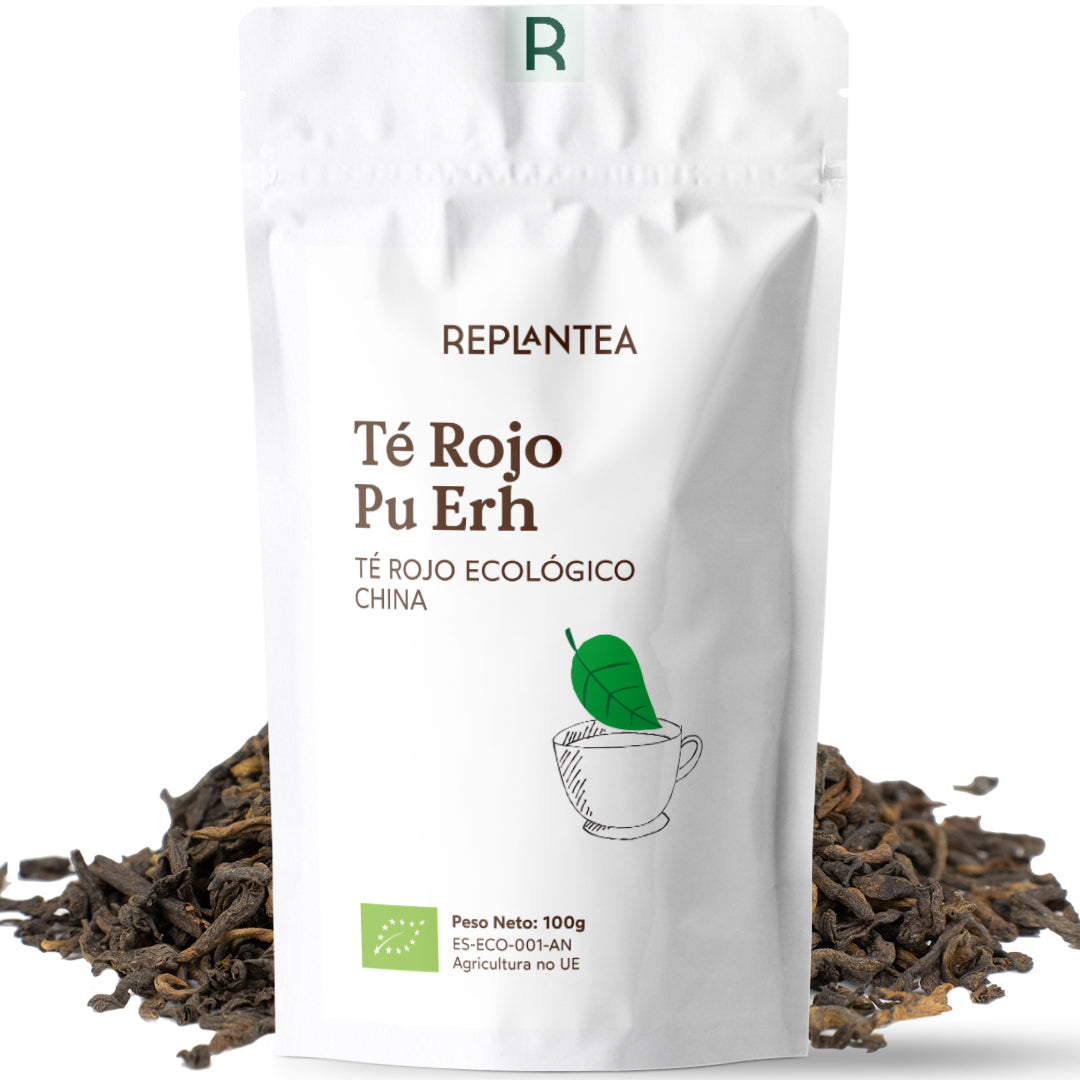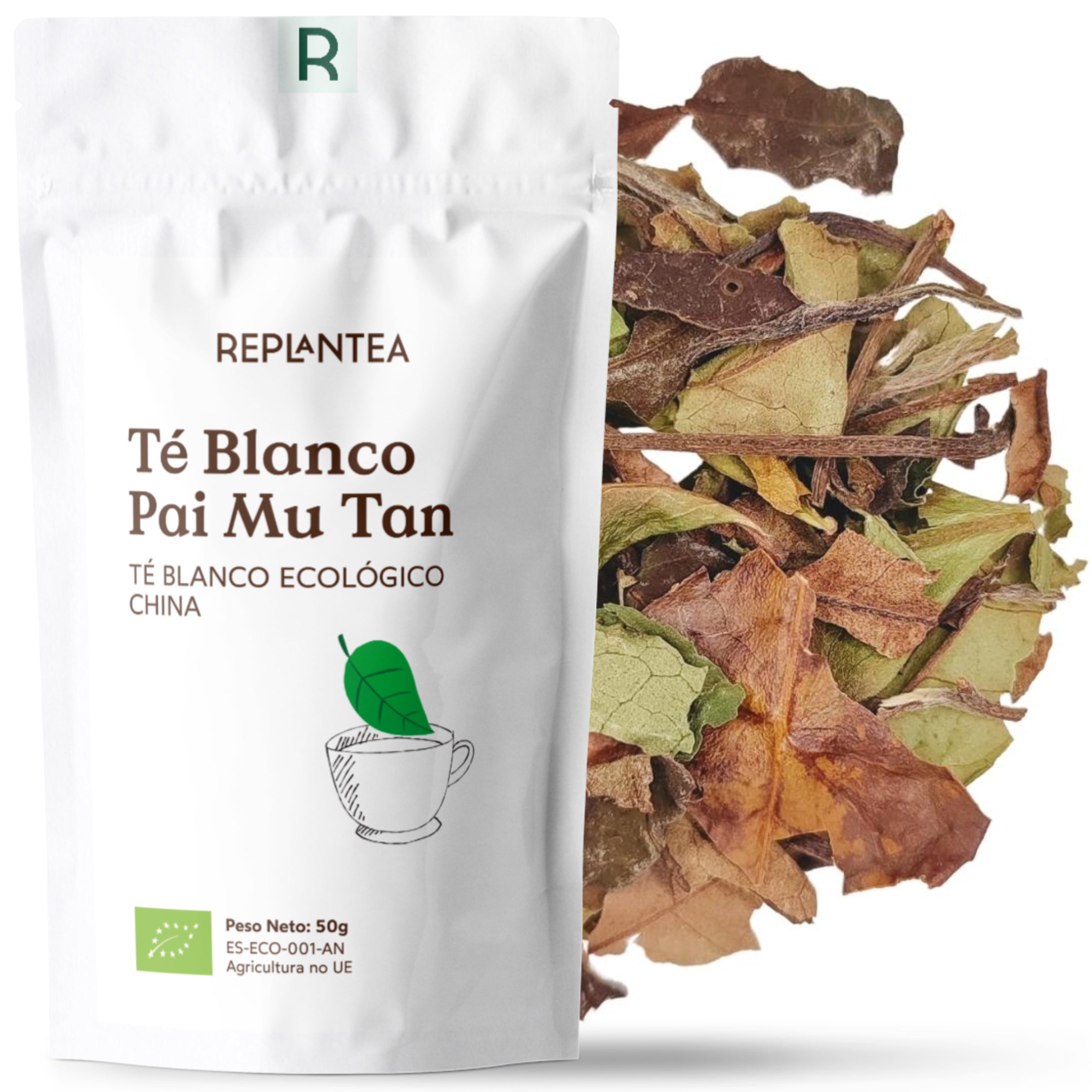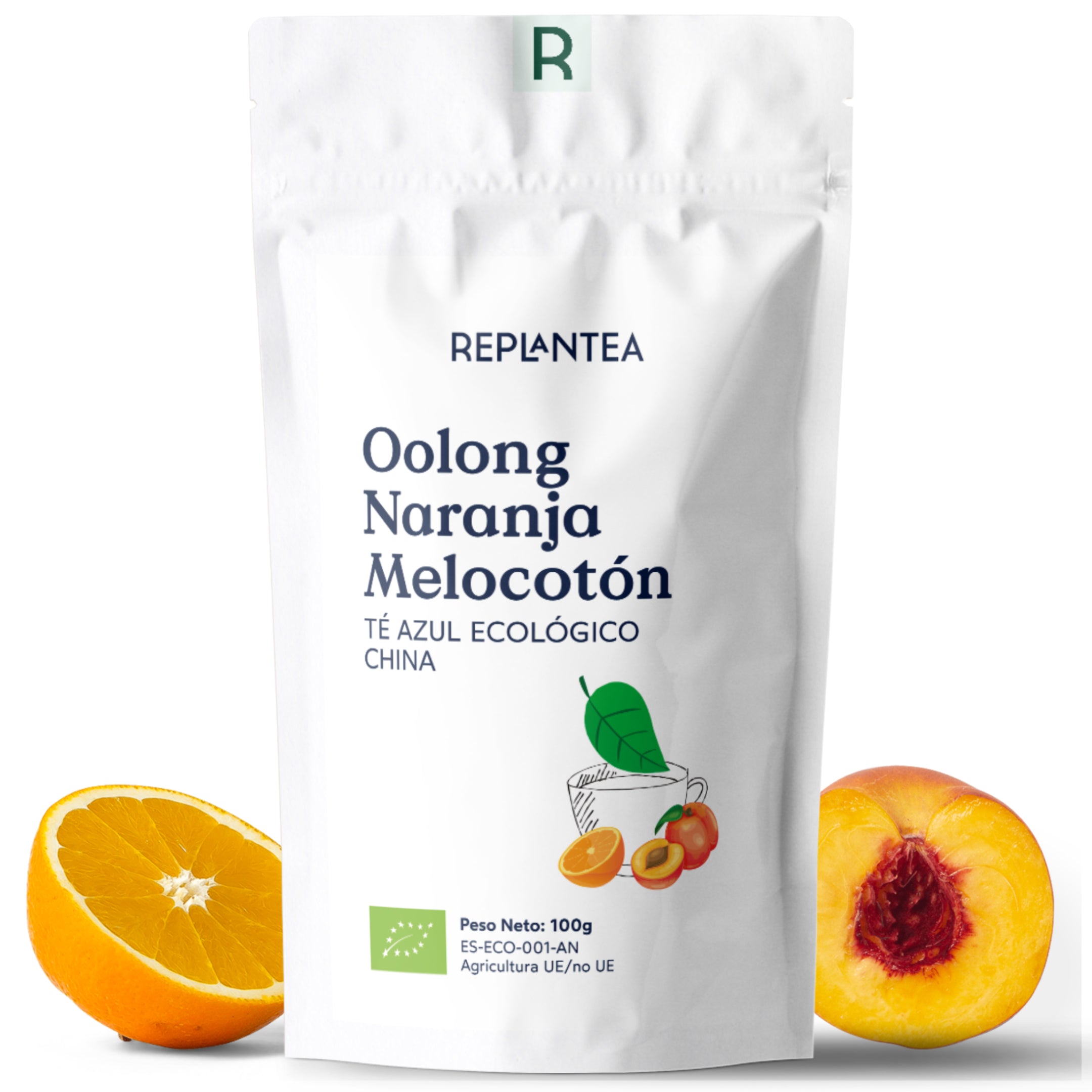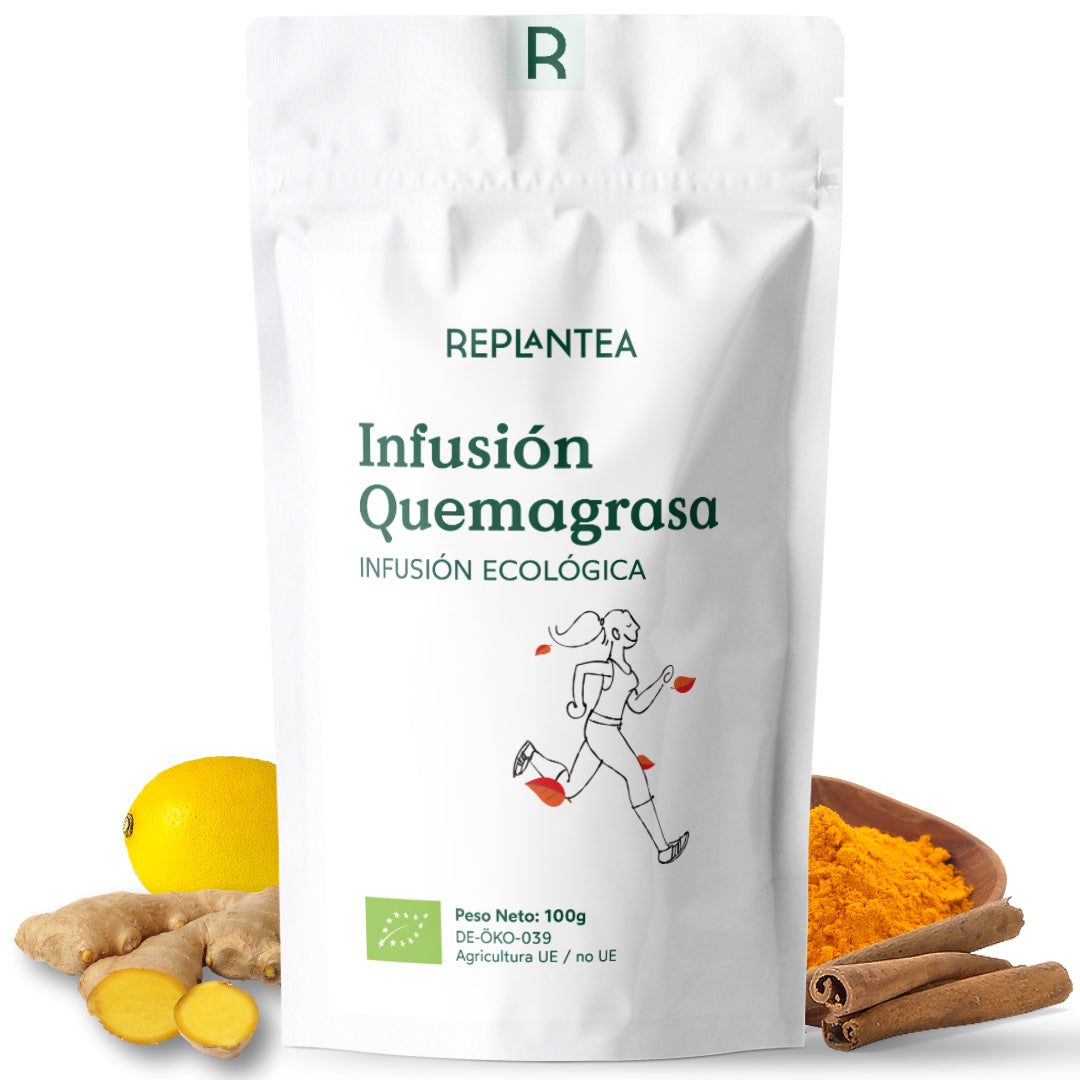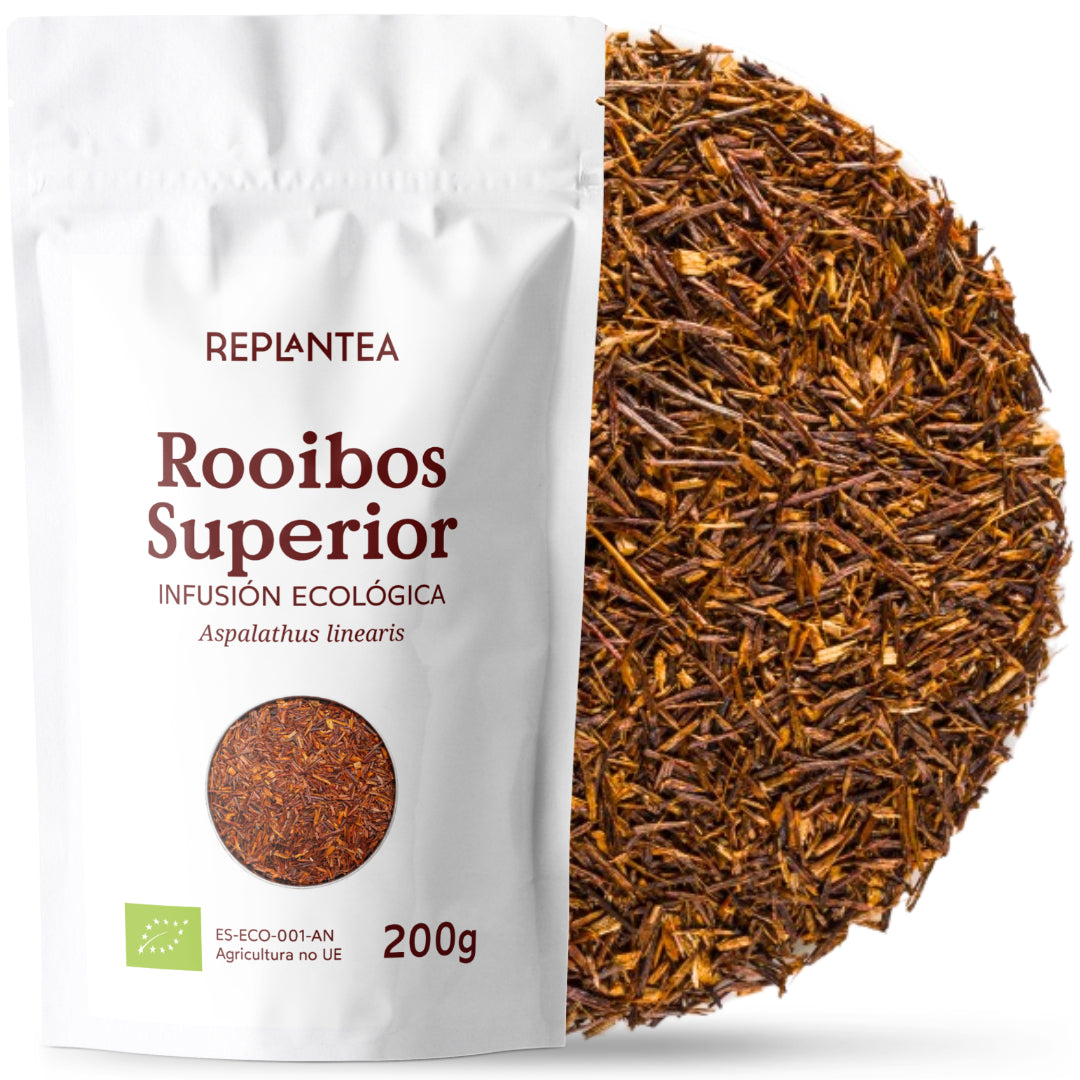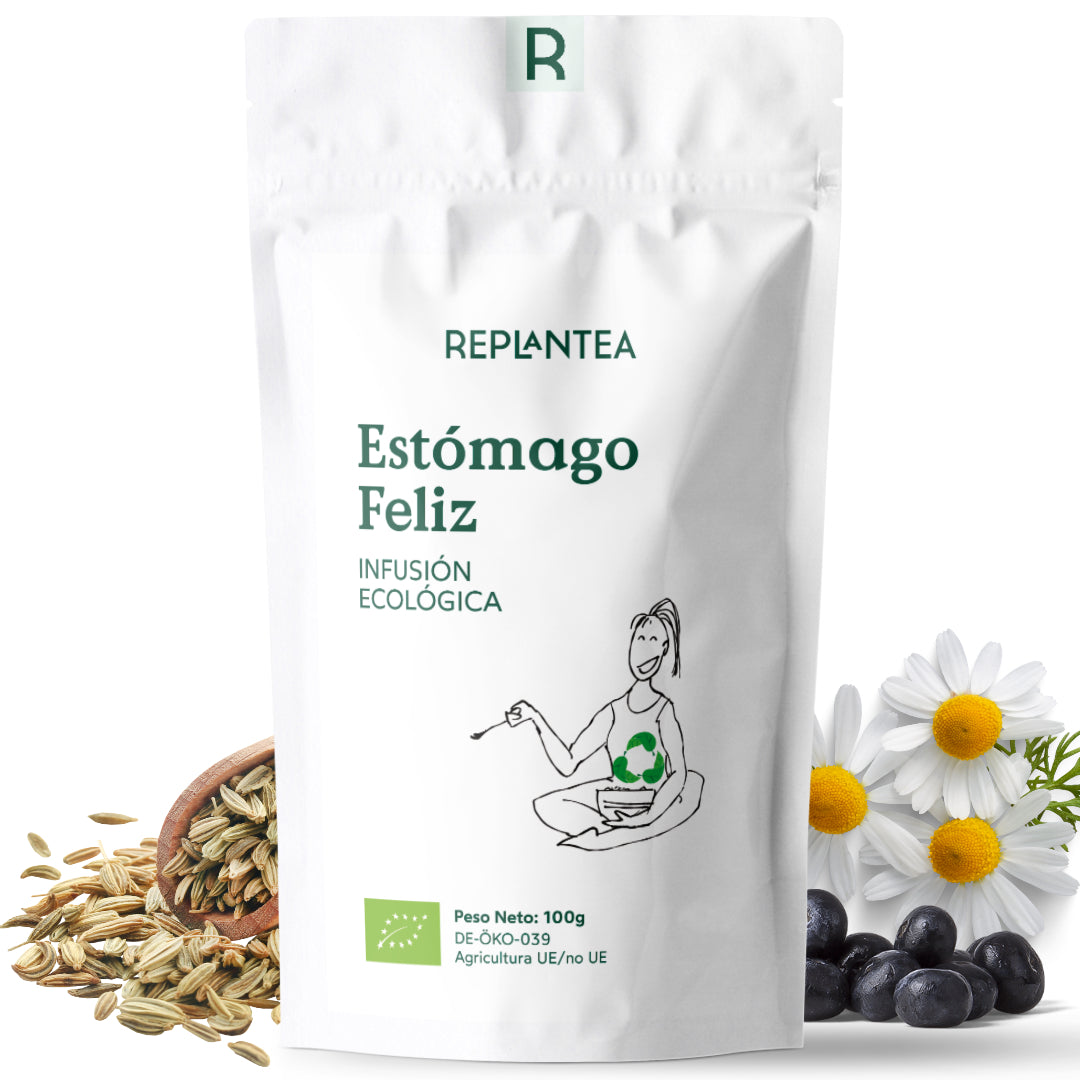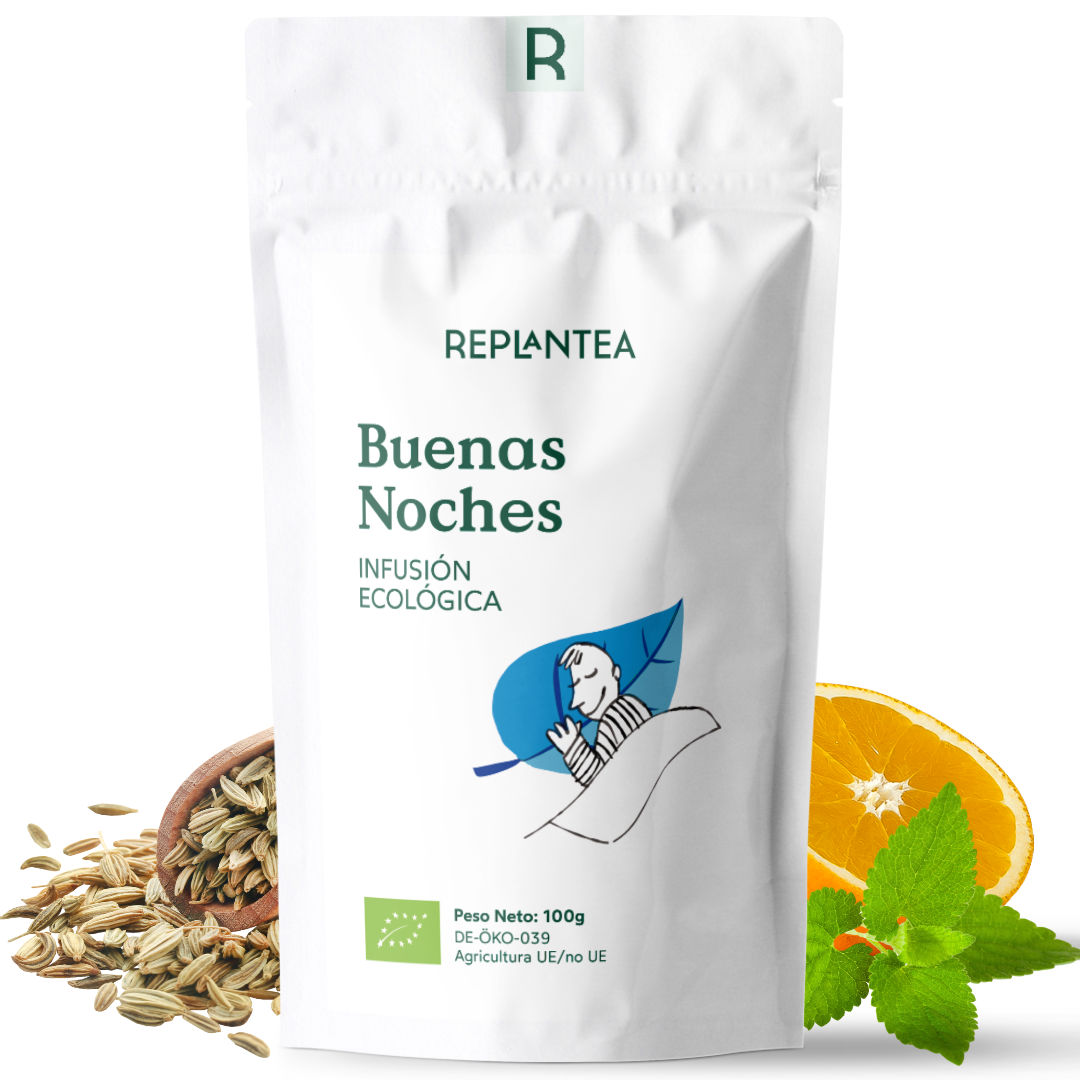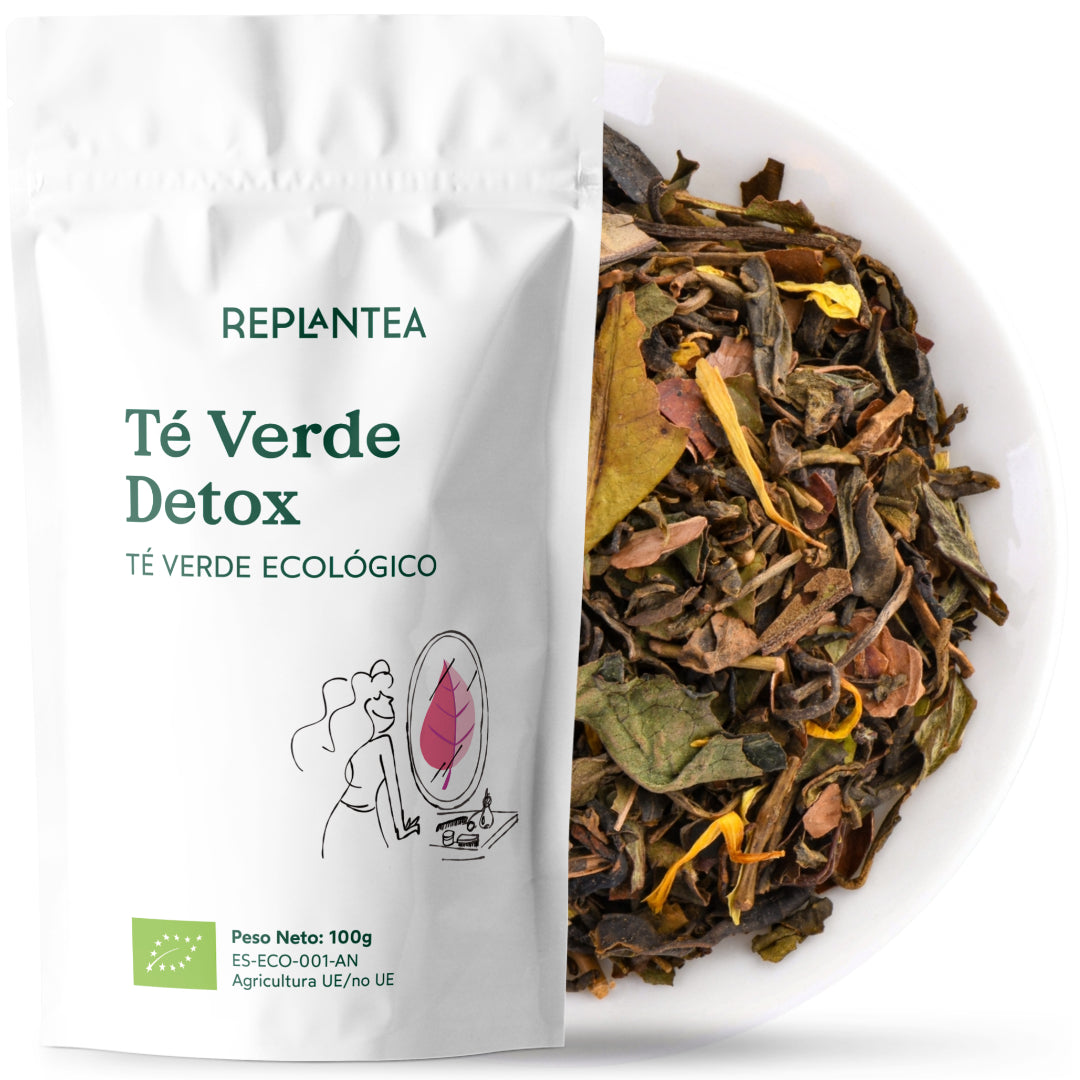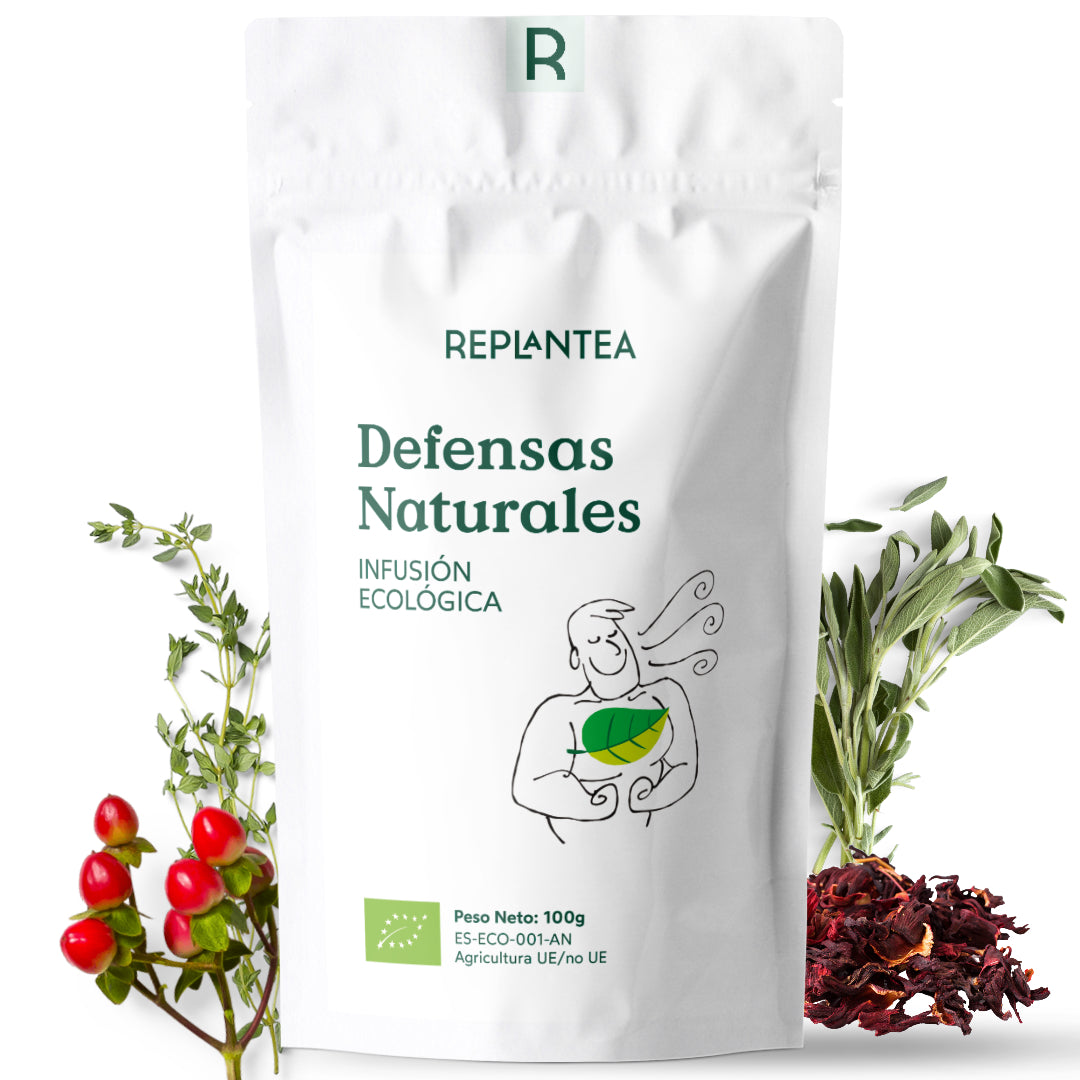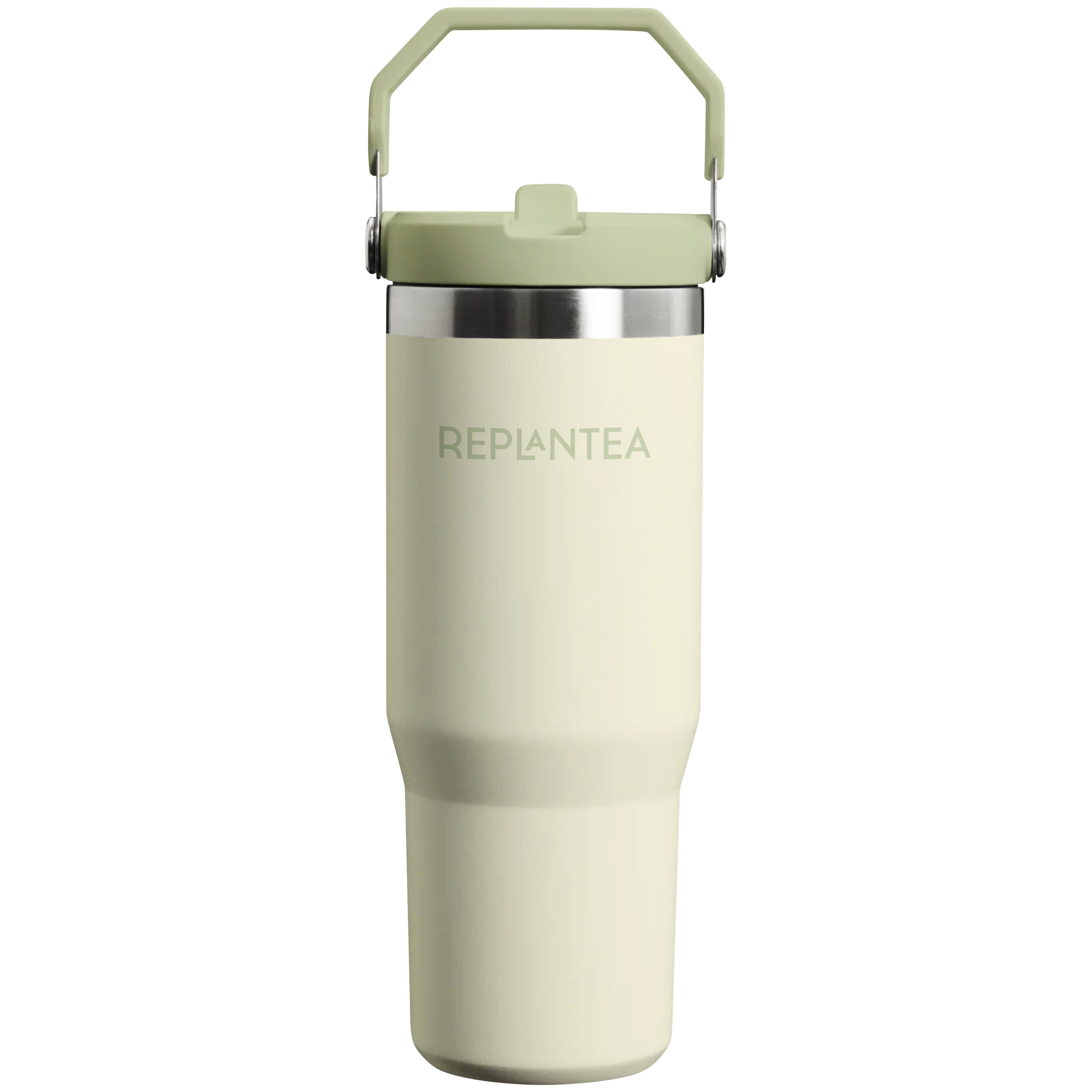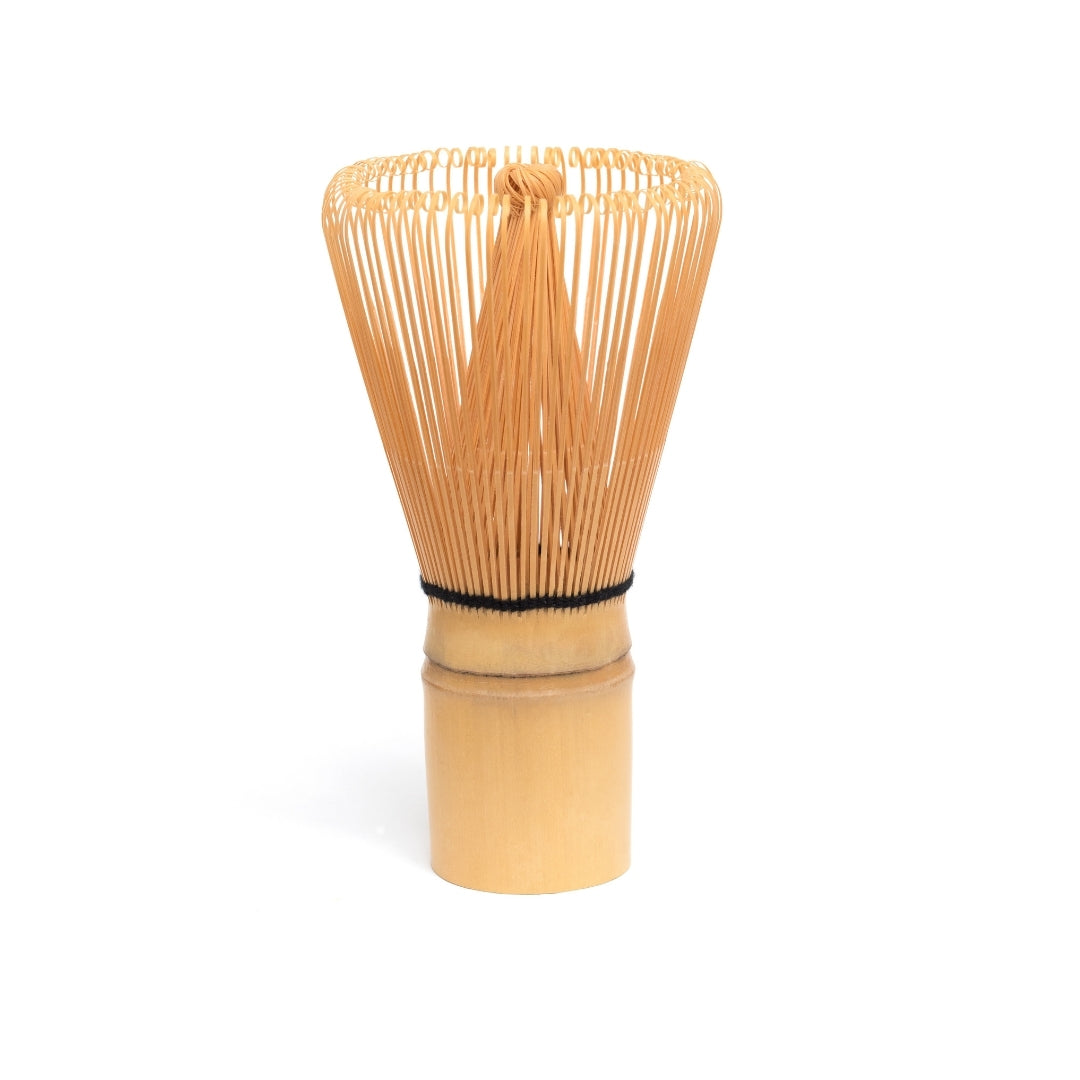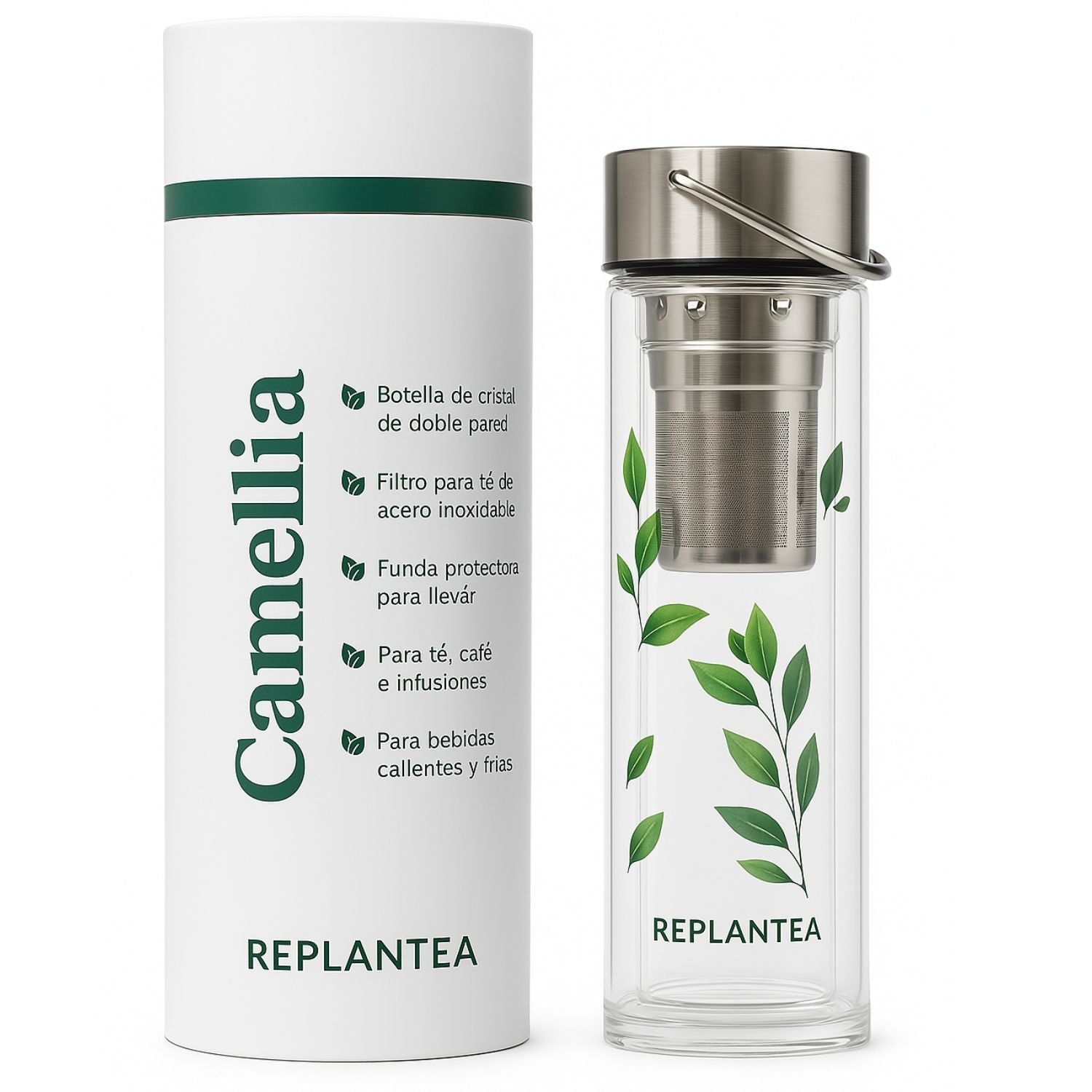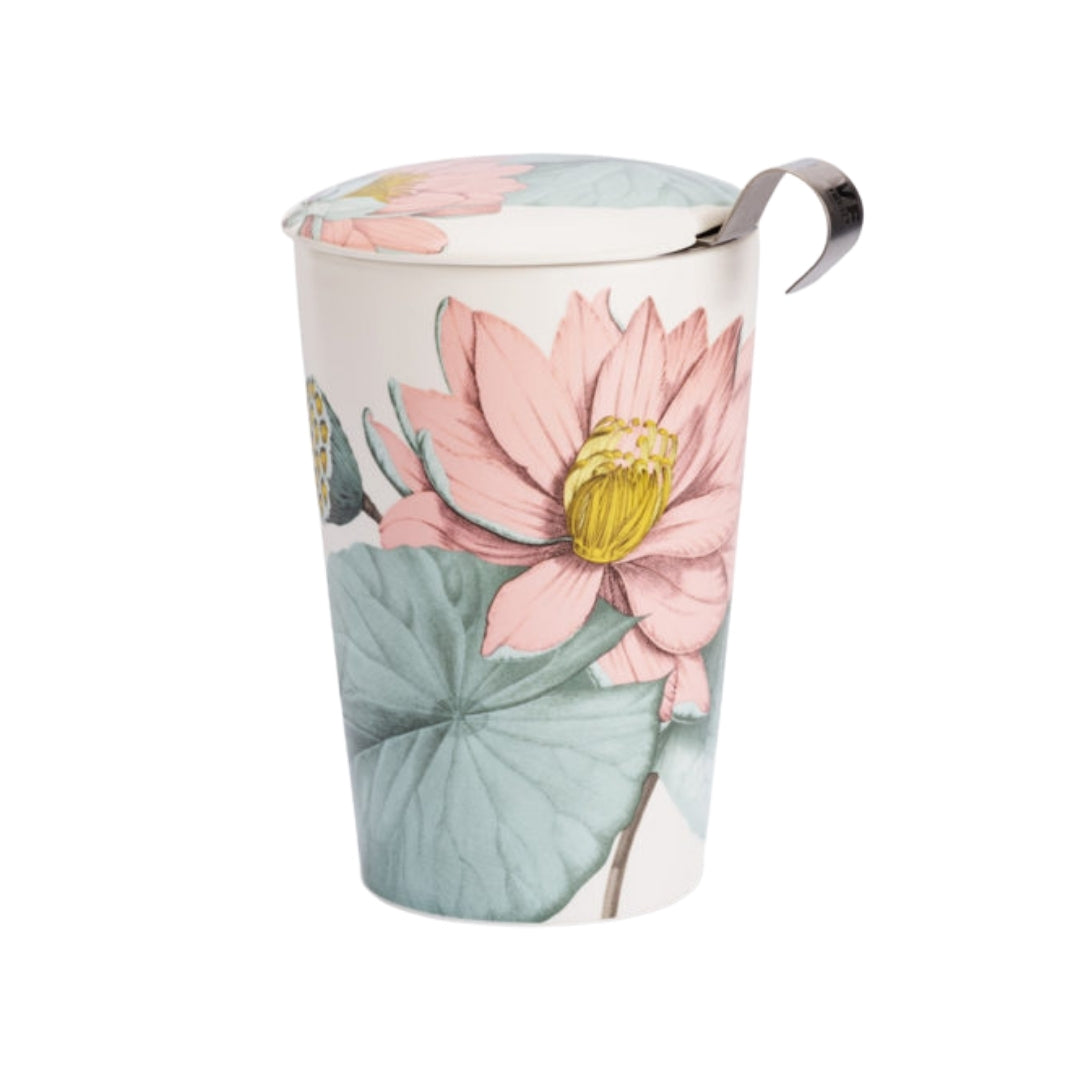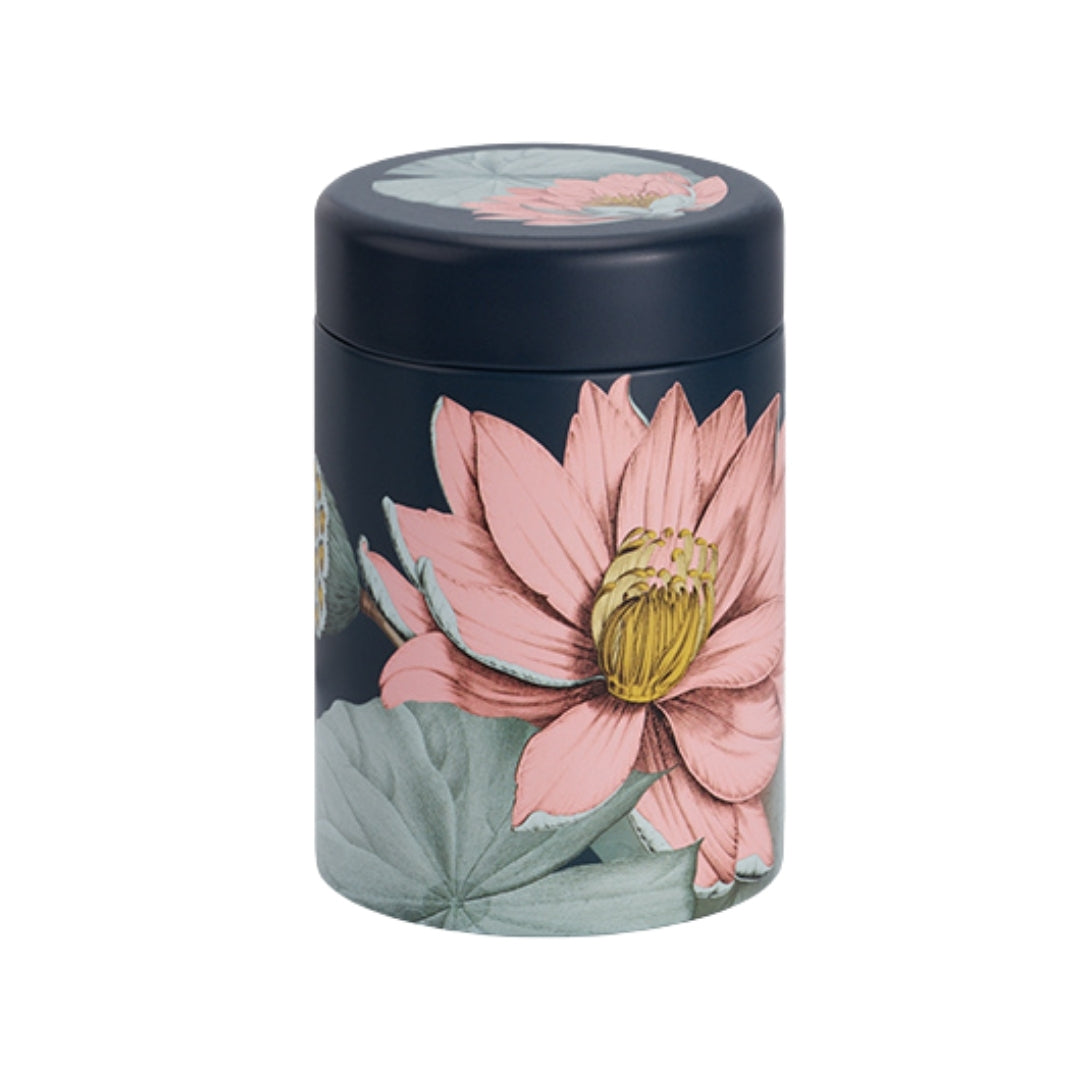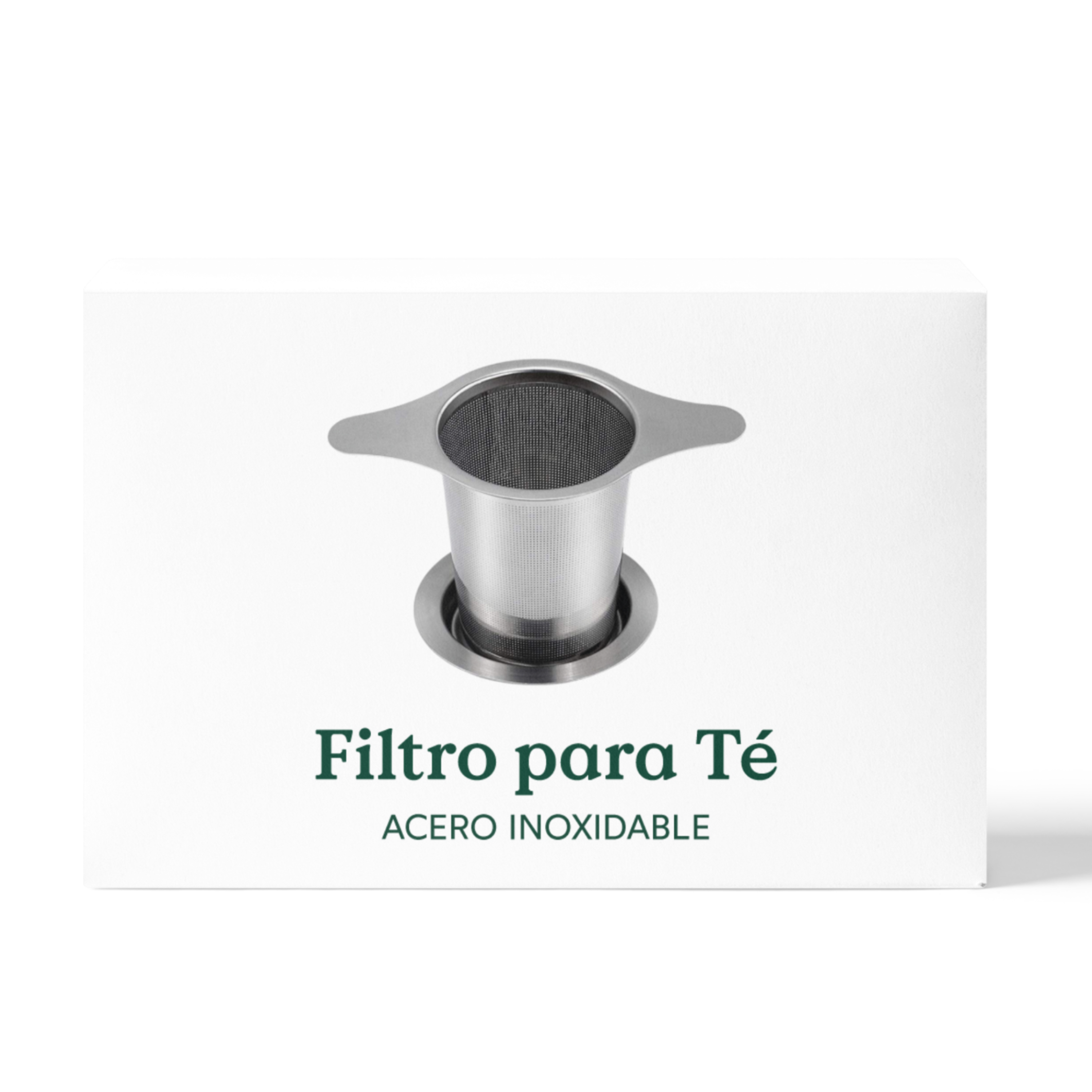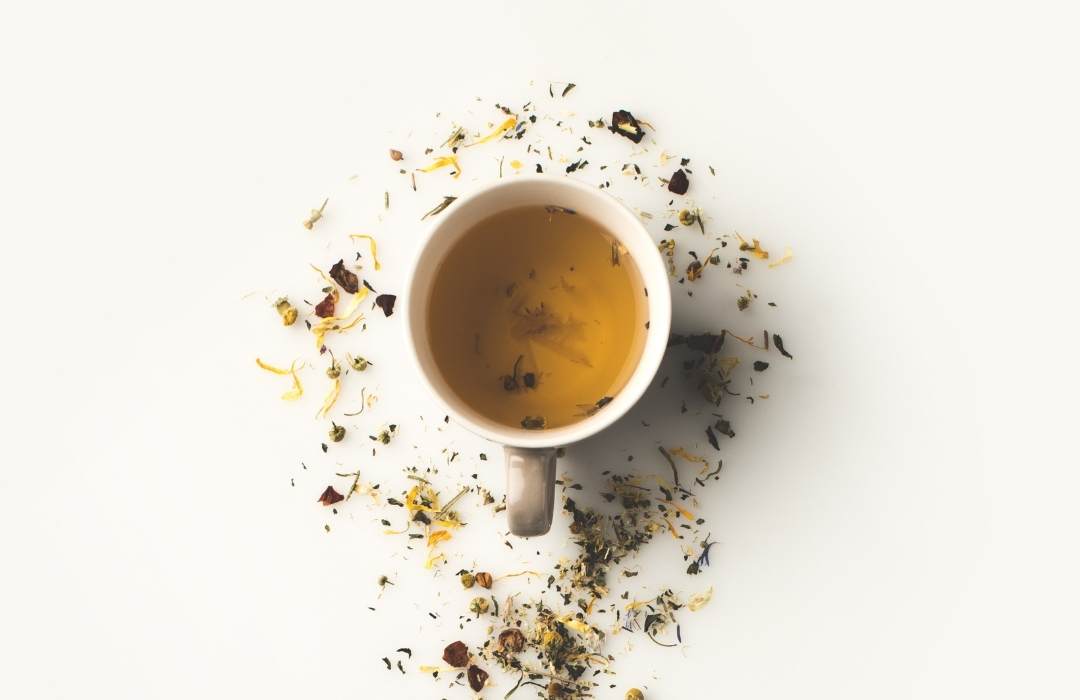
The 7 Best Infusions for Headaches
When you have a nagging headache, preparing a herbal tea probably isn't your priority. But some herbal teas can be really helpful. Discover the best herbal teas for headache and migraine relief .
How can an infusion relieve a headache?
Headaches can be defined as pain in the head and neck, caused by various health problems or environmental factors such as loud noises, infections, stress, and even dehydration.

There are two groups of headaches: primary and secondary. Primary headaches include tension headaches, cluster headaches, and migraines, while secondary headaches occur as a symptom of another illness or condition, such as dehydration or the common cold.
Before you decide to treat your headache with an herbal tea, it's important to know what type of headache you have. For example, a headache caused by dehydration can be treated by rehydrating with fluids. For headaches caused by the common cold or those brought on by stress, you can also find relief with a hot herbal tea. However, severe headaches caused by serious underlying problems should not be treated at home.
Disclaimer: This article is for informational purposes only. It is not intended as a substitute for medical advice, diagnosis, or treatment. Each person is different and may react differently to different herbs and teas. Never use teas or herbs to treat serious medical conditions on their own.
The 7 best infusions for headaches
- Ginger infusions
- Mint infusions
- Lavender infusions
- Feverfew infusions
- Green tea
- Chamomile infusions
- Rosemary infusions
If you're sure your headache isn't a sign of a more serious health problem, you can try reducing your headache pain with a herbal tea. For example, some herbal teas can help with tension headaches, headaches caused by dehydration, headaches caused by stress, or inflammation. Some herbal teas can help you relax, all caffeine-free herbal teas will help you rehydrate, and some are excellent for helping reduce inflammation.
1. Ginger infusions
Few infusions are as versatile as ginger tea. Today, ginger is one of the most common ingredients in cooking and is available in almost any supermarket. Studies suggest that ginger tea can be as effective as regular medicine in treating acute headaches . And the best part? It may cause fewer side effects than common medications. The effective dose for treating headaches is one cup of tea prepared with 2 or 3 grams of ginger root at the onset of the headache, and one more if migraine symptoms are still present two hours later.

RELATED INFORMATION
2. Mint infusions
Peppermint tea and peppermint oil are popular natural remedies for relieving pain and stomach upset , two symptoms associated with migraines. The active ingredient in peppermint tea is menthol. This compound provides a refreshing aftertaste and also helps reduce the inflammation that can lead to headaches.
3. Lavender infusions
Lavender is used similarly to peppermint, either as a tea or infusion made with lavender flowers in boiling water, or topically in the form of essential oil. Inhaling lavender essential oil can also help relieve acute headaches and migraines.

4. Feverfew infusions
Feverfew, or Tanacetum parthenium, may not be a common herbal tea, but it may be one of the best natural remedies for treating headaches, migraines, and various types of pain. It belongs to the daisy family, and although not widely cultivated, its headache-relieving properties have been studied more than many other herbs. Researchers point to active ingredients such as sesquiterpene lactones and flavonoids as being responsible for feverfew's migraine benefits.
5. Green tea
Green tea is widely recognized for its health benefits. It's a staple ingredient in the weight-loss industry, as green tea compounds help accelerate fat burning. It's also a popular detox tea thanks to its high concentration of antioxidants. Green tea may help treat migraine symptoms by boosting overall health.
On the other hand, green tea contains theine, a stimulant that can be both good and bad, depending on how we use it. Theine (or caffeine) is an active ingredient in many medications used to treat headaches , but it can also be obtained naturally in a cup of tea. However, theine can also be a source of your headache. Studies have shown that too much theine can trigger a headache.
RELATED INFORMATION
6. Chamomile infusions
Chamomile may also help relieve migraines. It has been traditionally used for its calming and soothing properties . Both chamomile tea made from dried chamomile flowers and topical application of essential oil can provide pain relief.
A study published a medical hypothesis examining the effects of chamomile on migraine headaches following a clinical review. Researchers found that chamomile acts directly to modulate nervous system activity to reduce migraine symptoms. Chamomile inhibits stress hormones and increases GABA activity, which helps improve mood and induce relaxation.

7. Rosemary infusions
Rosemary, a popular culinary herb, has many potential health benefits. It may be helpful for nervous system disorders such as anxiety, but it can also provide analgesic activity and enhance memory. In traditional medicine, it is often used to treat headaches and migraines.
Relieve headaches by drinking delicious infusions
The next time you feel a migraine coming on, drink a cup of one of these herbal teas to help relieve symptoms. They can help reduce inflammation to reduce the sensation of a severe headache. Herbal teas can also increase relaxation, helping you calm down and relieve the pain.
Finally, I recommend avoiding migraine triggers, such as stress, alcohol, and excessive coffee. Make sure you drink plenty of water and exercise regularly.

